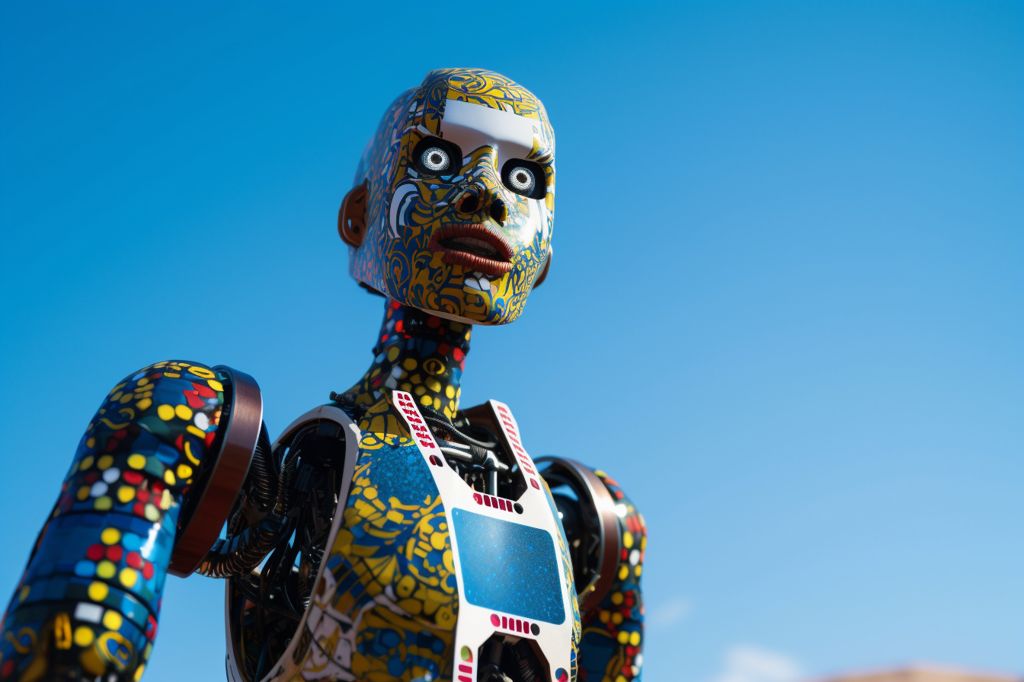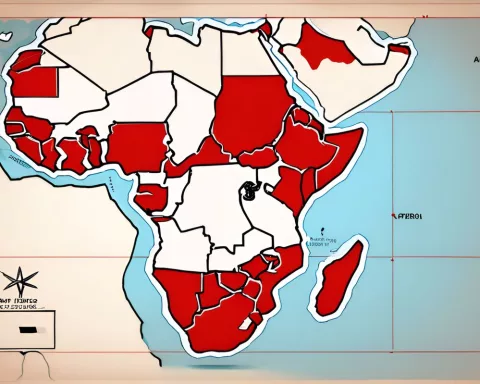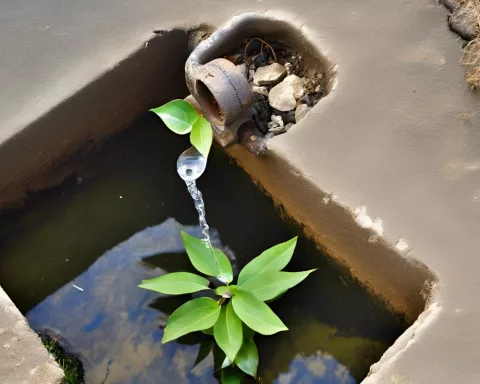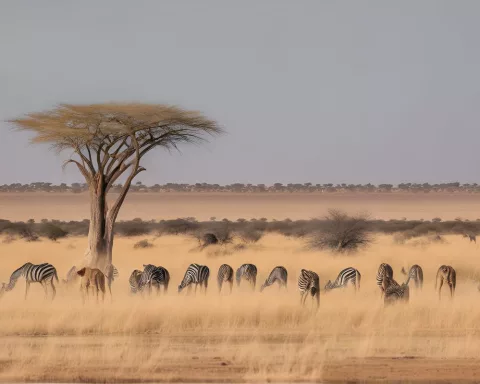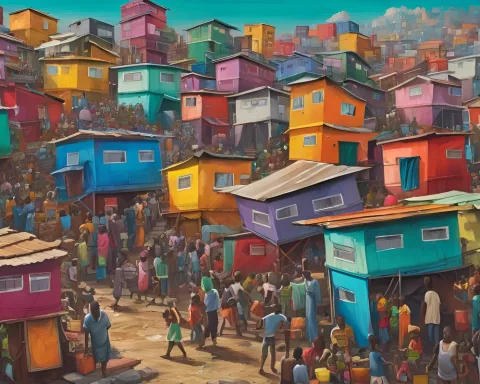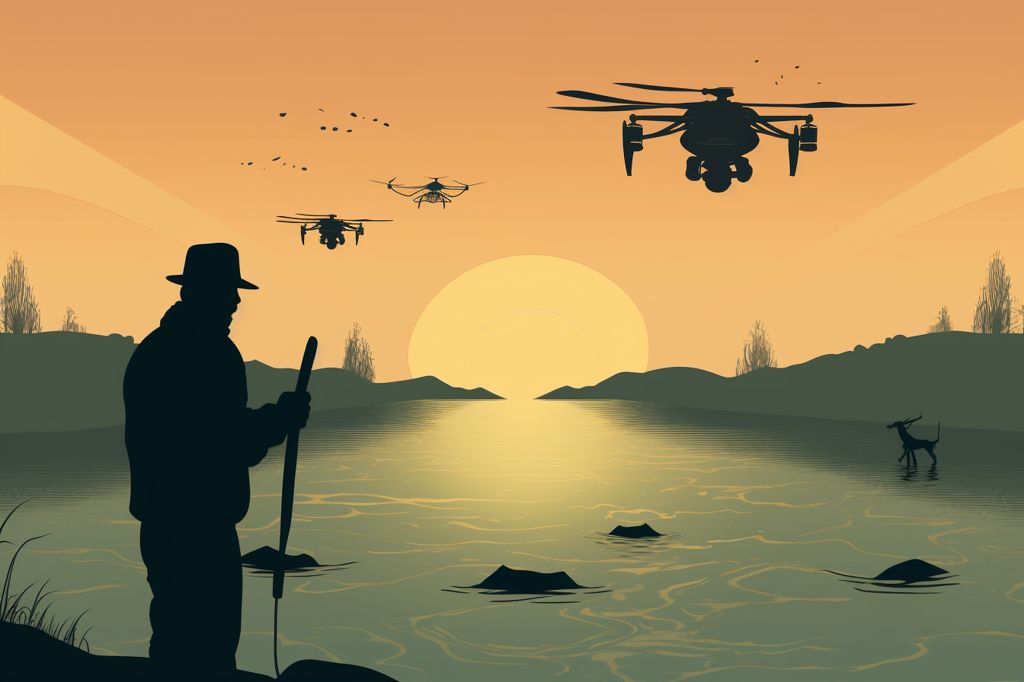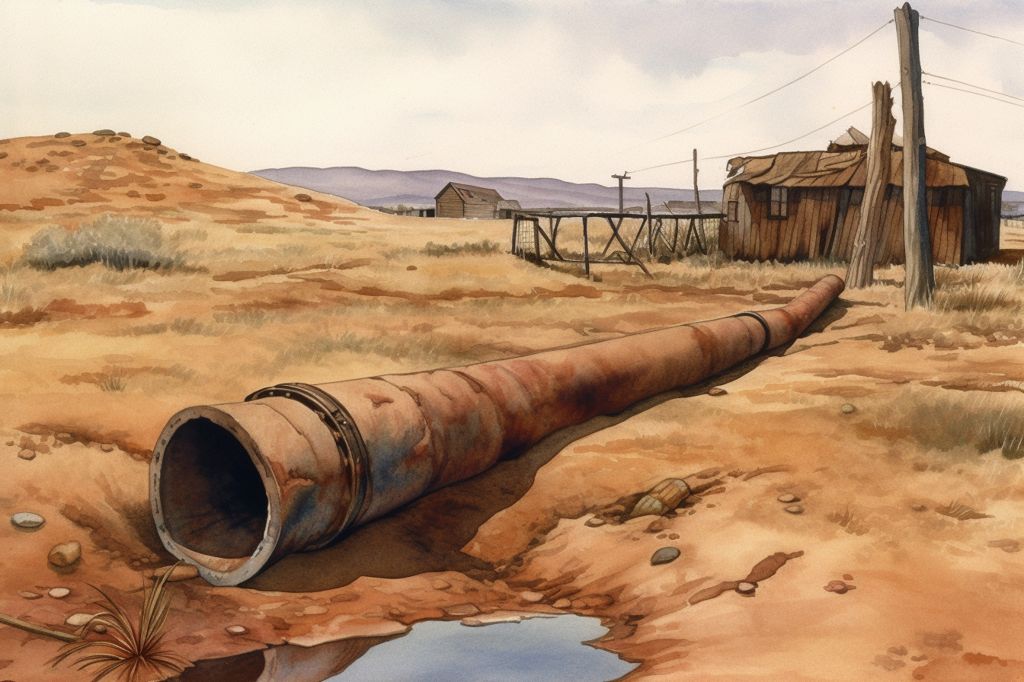The IST-Africa Conference, organized by the Department of Science and Innovation (DSI) in South Africa, brought together public and private stakeholders to explore the role of information and communication technology (ICT) in addressing global challenges. Dr. Blade Nzimande, the South African Minister of Higher Education, Science and Innovation, emphasized the importance of international cooperation in science, technology, and innovation to provide innovative solutions for issues like climate change, food security, health, and energy.
Strategic Engagement with African Nations
The conference’s key focus was strategic cooperation with African nations on research, innovation, and policy, including coordination of ICT-related activities and capacity building. South Africa is committed to using science, technology, and innovation to drive sustainable, inclusive economic growth.
Foundational Digital Domains
South Africa is investing in five foundational digital domains: artificial intelligence (AI), robotics, cybernetics, augmented reality, virtual reality, mixed reality, modeling and simulation, blockchain and cybersecurity, and the Internet of Things and cloud computing. A ten-year Foundational Digital Capabilities Research (FDCR) program is underway to build competencies in these areas.
Strategic STI Initiatives
South Africa’s DSI supports various strategic science, technology, and innovation (STI) initiatives, including health innovation, ICT and renewable energy, and intellectual property exploitation. Grassroots innovation is also encouraged through mentoring of young tech entrepreneurs to develop and commercialize technology solutions.
Advancing the Digital Innovation Ecosystem
South Africa’s involvement in global research infrastructure projects, such as the Square Kilometre Array (SKA), demonstrates its commitment to advancing the digital innovation ecosystem. The SKA is expected to boost science awareness, stimulate science tourism, and create employment opportunities in the region.
Universities as Technological Competitors
South African universities play a crucial role in positioning the country as a global technological competitor through research and innovation in AI. AI systems are being developed to enhance communication between students, lecturers, and educational institutions. This technology also targets various sectors of the economy, including manufacturing, healthcare, and agriculture.
Collaborating for Sustainable Development
In line with Agenda 2063, South Africa actively collaborates with other African countries to support inclusive growth and sustainable development initiatives. The country is committed to investing in education and skills development that emphasizes innovation, science, and technology.
Strengthening Partnerships
The IST-Africa Conference serves as a platform to strengthen partnerships and cooperation in science, technology, and innovation within Africa. The establishment of an Africa Research Fund is one such initiative that Dr. Blade Nzimande is committed to pursuing with his counterparts in the region.
Through these collaborations, the global scientific knowledge base can be expanded to address global challenges and build lasting international partnerships. The IST-Africa Conference aims to contribute to knowledge-sharing, capacity building, and skills transfer among African nations, leading to enhanced global engagements and support for the Science, Technology, and Innovation Strategy for Africa (STISA-2024).

